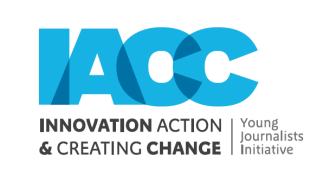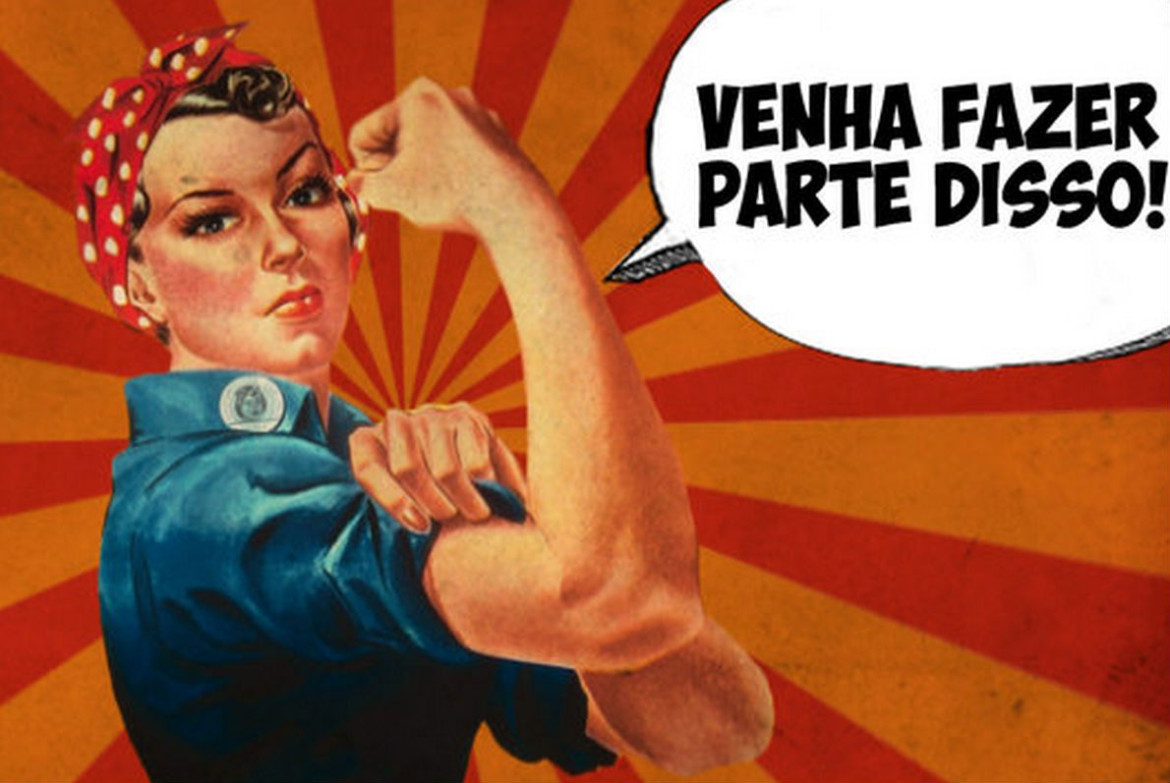 In a search for cash to finance investigative journalism projects, an independent Brazilian news agency is trying to turn readers into editors.
In a search for cash to finance investigative journalism projects, an independent Brazilian news agency is trying to turn readers into editors.
The idea was greeted with great interest during a panel discussion this week at the four-day, semi-annual Global Investigative Journalism Conference (GIJC2013) in Rio de Janeiro, Brazil.
The idea is simple: those who help finance the agency can choose what journalists should investigate. With this concept, Agência Pública raised almost $30,000 from 808 backers for a project called Reportagem Pública (Public Report).
Working with journalists from throughout Brazil, the agency received more than 120 proposals for investigations. After selecting 48 of these ideas, the agency crowdsourced those who had financially supported the project to identify the 12 most popular ideas, each of which was granted $3,000, as well as the support of the agency to conduct the investigations.
The ideas for stories in this “collectively funded journalism laboratory” covers a wide range of topics. One journalist, for example, proposed to investigate the consequences of fracking (hydrolic fracturing), a method for extracting oil, which critics say causes environmental hazards including ground water contamination. Another pitch wanted to investigate the mineral water industry in Brazil. An overview of the proposals can be found at Agência Pública. Those who didn’t donate via crowdfunding can comment on the guidelines, provide information on the topic and express interest in helping the reporters.
The stories will be published on Publica’s website, with a Creative Commons license. In that way, the stories can spread and be read by more people.
Pública was able to get resources to produce good journalism in a time when traditional media outlets are having difficulties raising funds.
In a GIJC2013 panel discussion, “Finding Money for Your  Investigation”, Natalia Viana, Pública’s director, explained why she thinks that their strategy was successful.
Investigation”, Natalia Viana, Pública’s director, explained why she thinks that their strategy was successful.
Vian said that during the 45-day crowdfunding campaign, Pública had a different strategy for every week, creating new videos and texts to generate peoples’ attention to the project.
“If you keep speaking just about fundraising, it gets boring,” said Viana. “You should plan to talk about other aspects of your project, so you can fundraise without just talking about fundraising.”
Viana said people tend to forget about the project, so you shouldn’t be ashamed about talking about it everywhere all the time: “Talk, talk, talk tirelessly. It`s not boring, and people forget about the project. Keep talking about it all the time”.
Pública also counted on the help of Omidyar Foundation, which provided a dollar-for-dollar matching fund.
Viana said that while the crowdfunding was underway, the agency continued to publish other investigative pieces, using their word to remind people of the intensity of their investigations.
In short, the success of crowdfunding was really simple: if you don’t truly believe in your project, trying to fund raise for it will simply not work.
Piero Boeira Locatelli reports on this event as part of the IACC Young Journalists Initiative, a network reporting on corruption around the globe.

